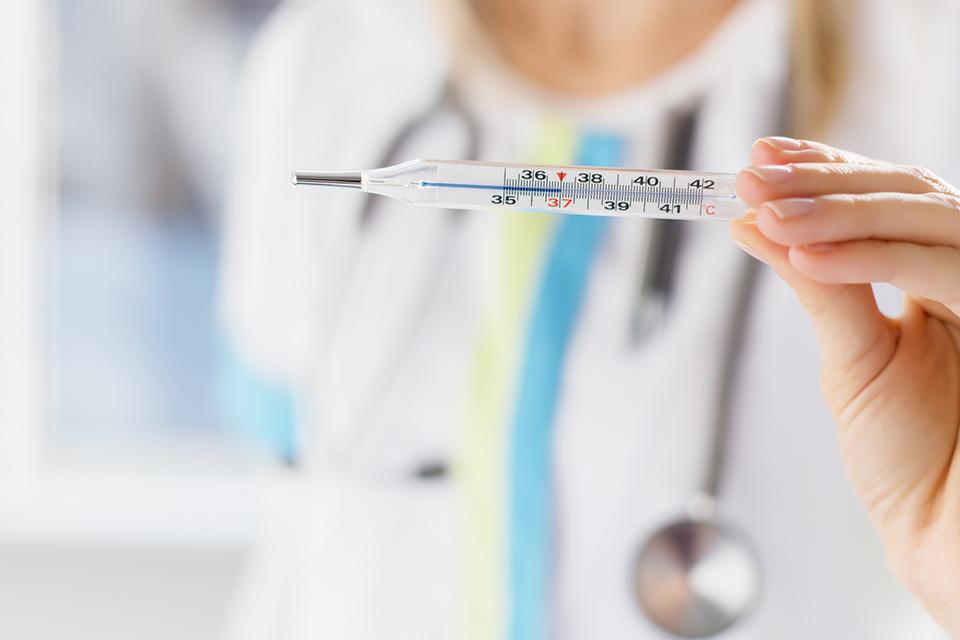When you go to your doctor’s appointments, you know the routine — they mark your weight, blood pressure and temperature. The nurse usually says the results out loud — but still, you may be wondering, “What do those numbers that mean? Is that normal?” Even if you’re told your results are great, aren’t you still a little curious what the numbers say about your health? Let’s learn more about body temperature.

The importance of understanding results
As a health coach at Denver Health, I constantly remind my patients that they are their own best health care advocates. I believe no one knows your body better than you do. While doctors are scientifically trained to understand diseases and how to help you get well, they only know as much as you share in the small window of time you have with them. By knowing your body and how to interpret your medical results, you can better ensure your overall health.
Why your temperature is taken
Your temperature is actually a quick and easy way to tell what’s going on inside your body. It’s a reflection of the body making heat to stay warm or reducing heat to cool off. Unlike varying outside temperatures, the body works hard to maintain its temperature within a safe, narrow range. Normal body temperature is 98.6 degrees Fahrenheit, which can vary by +1 or -1 degrees.
High body temperature
When your body gets too hot, the blood vessels under your skin expand to bring extra heat to your skin’s surface. This triggers you to sweat in order to cool your body down. For adults, if body temperature is more than 101.4 degrees, this signifies a fever. Fever can be caused by an infection, medications, certain cancers or severe injuries/traumas, including heart attacks or strokes.
If your body temperature gets too high and the body can’t regulate it, this can be deadly. A high fever can lead to severe dehydration, a condition in which your body does not have enough water and other fluids, causing the organs to lose function.
Low body temperature
On the other hand, when your body gets too cold, your blood vessels constrict to keep heat in. And when you shiver, this muscle movement increases heat and helps keep your body temperature in a safe range.
An abnormally low body temperature (i.e., hypothermia) can be very serious and even deadly. Low body temperature can occur when you are overexposed to cold temperatures, in shock (suddenly passed out, dizzy or unconsciousness), have overindulged in drugs/alcohol or are suffering from metabolic disorders such as diabetes or hypothyroidism.
The next time you go to your doctor’s appointment and have your temperature taken, I hope you now have a good understanding of what that number actually means.
